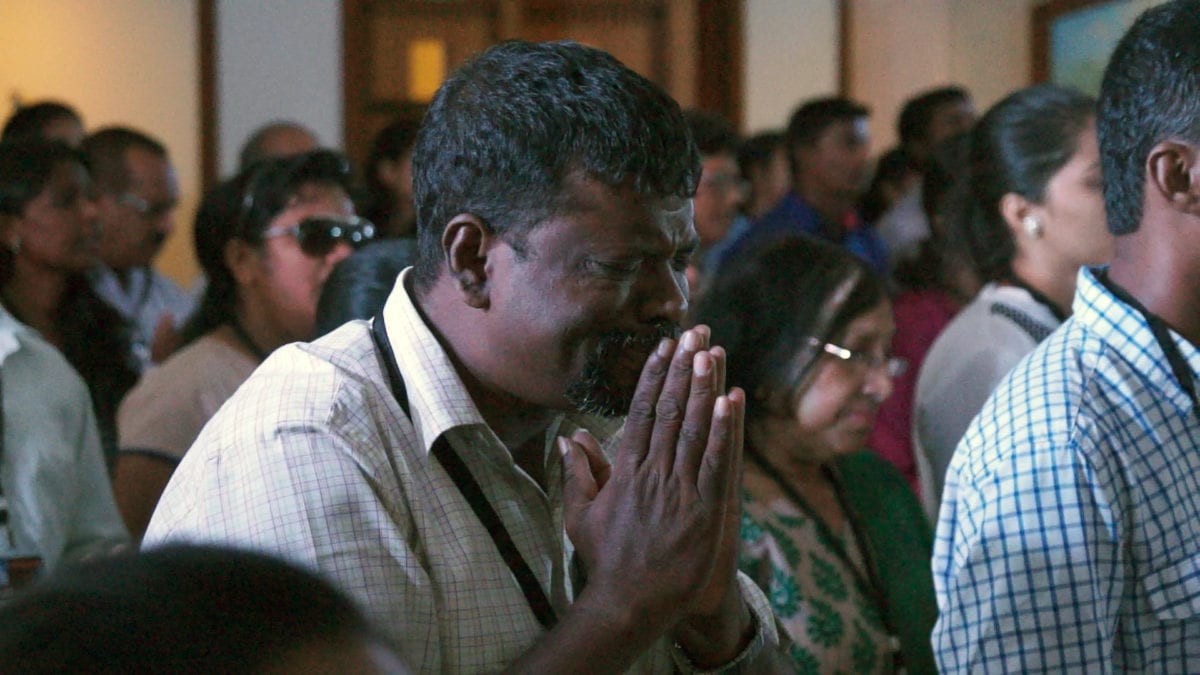
In Zambia, the issues created by poverty are very real. The gap between those who have and those who do not have is huge. Unemployment is high and the health sector is inequitable. People who have money pay to get good health care while people who are poor go to government hospitals that do not have sufficient resources, equipment or drugs to treat those who are ill. In a similar way, people with money can send their children to good schools, while those without money send their children to overcrowded, under-resourced schools.
Developing Zambian Leadership
 “I think the church has a long way to go in terms of translating the gospel into being a voice for the voiceless,” says Gladys Mhone, administrator at Miracle Life Church, the larger of the two sites that host the GLS in Lusaka, Zambia. “The church has a lot of work to do. Our church [Miracle Life] is focusing on leadership development and self-management skills through the GLS and through the Bible college. If people can self manage, they can do things for themselves, which would contribute to the economy rather than assume the government is going to resolve all their problems. Rethinking how it can partner with the government is important.”
“I think the church has a long way to go in terms of translating the gospel into being a voice for the voiceless,” says Gladys Mhone, administrator at Miracle Life Church, the larger of the two sites that host the GLS in Lusaka, Zambia. “The church has a lot of work to do. Our church [Miracle Life] is focusing on leadership development and self-management skills through the GLS and through the Bible college. If people can self manage, they can do things for themselves, which would contribute to the economy rather than assume the government is going to resolve all their problems. Rethinking how it can partner with the government is important.”
God showed Gladys and her husband that they needed to get involved in leadership development. As an HR specialist, she thought if she could set up a leadership academy, they could train people who are doing good work to become better leaders—people like one of Gladys’ friends, who runs a school in a deprived area that started with three children and has grown to serve 700.
“God has led us to work in the church, which is brilliant because I can contribute to the vision of the church and indirectly influence leaders,” says Gladys, who serves the director of the GLS at Miracle Life. “I think God has asked me to make a difference in the community.”
Gladys is helping develop leadership skills within the people who work for her. God has been showing her the challenges of leadership and what it is to manage and lead in Zambia, rather than take what she’s read and practiced and make it fit in Zambia.
A Dream for Lusaka
And Gladys has a dream. “Coming to the Summit, I realized that God can give you something small, but He grows it. I think when Willow started, they never dreamed it would reach to 120 countries.” In the coming year, she wants to clean up and recycle. “There is litter everywhere,” she says. “When I was in Chicago, I was taken in by the beauty and the green and I wished I could bring it into my own city.” She plans to start by planting 20 trees on her street. “I really feel if we can teach people to love their environment and where they live, then we can start talking to them about leadership.”
Thank you
“I’m always very touched that people who know nothing about us can give, and give willingly,” says Gladys. “The director of the Summit in Zambia has been telling me what they’ve been able to do because of the donors who work in partnership. Thank you! What can I say? Thank you does not seem to be enough, but thank you from the bottom of my heart.”















Recent Comments